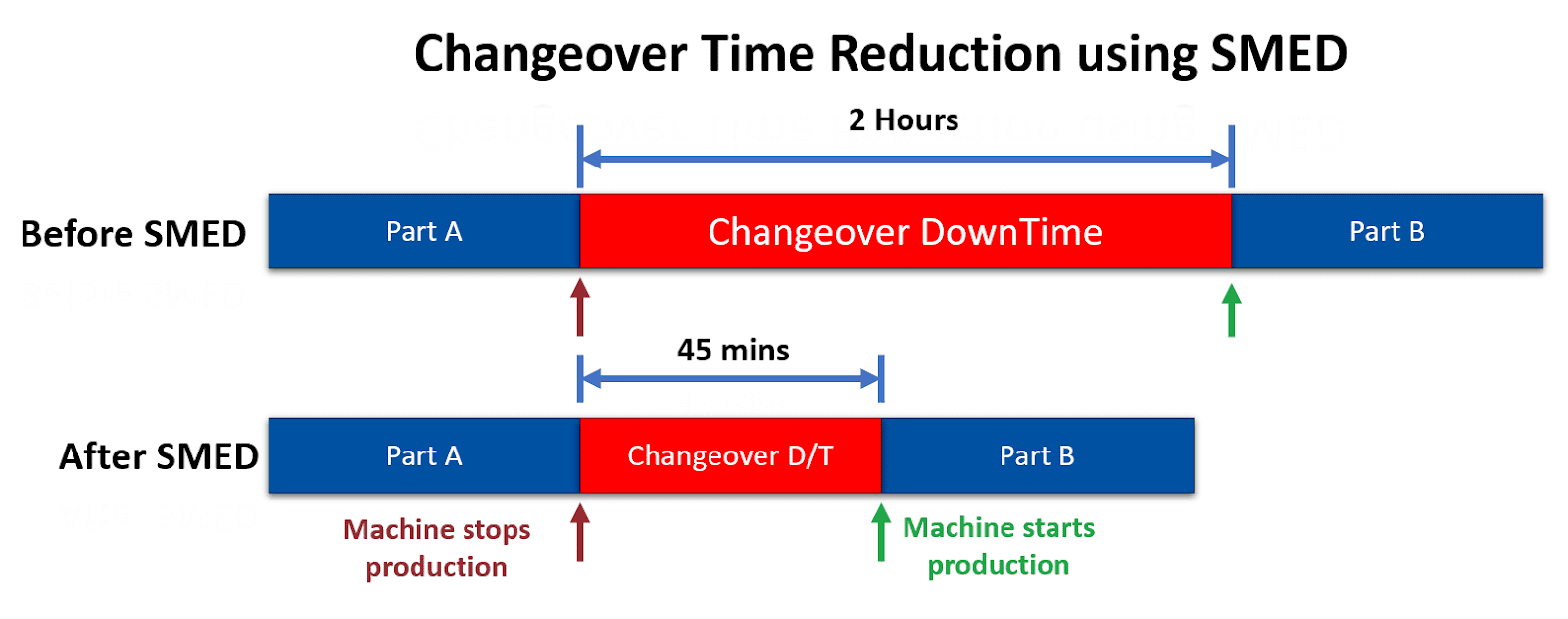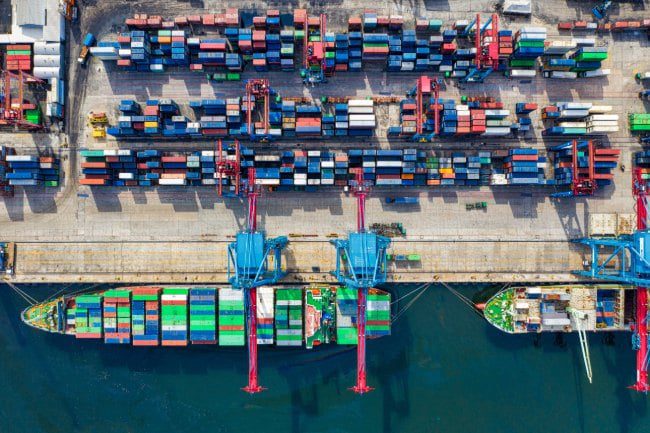What is ‘lost time’?
‘Lost time’ refers to the losses, (both planned and unplanned), that contribute to the difference between the design capacity (theoretical capacity) and effective capacity (actual capacity) of a system. The design capacity of a system is the maximum output rate that could be achieved in ideal circumstances, and the effective capacity of a system is the maximum output rate that can actually be achieved under standard conditions.
Where / Which process do we record lost time?
Businesses should typically focus their performance monitoring for their most critical process. Business operations typically have many many sequential processes (think about a production line with many processes that make up the whole system). It is not wise to commit resources recording / analysing data at every process. Instead, identify the constraint / bottleneck of your system and focus performance and lost time monitoring there.
Want to learn more about Operations Management?
Access the FREE mini training course:
THE FORGOTTEN FUNDAMENTALS OF OPERATIONS MANAGEMENT
Examples of lost time
Time can be lost due to:
- Set-ups and changeover downtime
- Making defects or making scrap
- Slow running (running the process slower than you could safely go)
- Breakdowns and unplanned maintenance
- Short Stops (High frequency, short duration stops)
- Coordination conflicts / waiting
- Supply shortages
- Variability in process times
- Doing rework
- Planned maintenance
No matter how good a business is at recording lost time, there will likely still be some (often A LOT) of lost time that is unknown, unrecorded and unaccounted for. In fact, this is often the biggest category!
Why should businesses try to reduce lost time?
Businesses should reduce lost time in their operations in order to increase their actual / effective output capacity. Understanding and quantifying what causes the difference between effective capacity and design (ideal) capacity provides essential insight when it comes to increasing the actual capacity. Businesses should evaluate the causes of lost time on the essential bottleneck resource, and set about reducing and removing them.
Rowtons Training provides businesses and individuals with operations management training courses, alongside our free resources.
Want to learn more about demand and capacity management in operations and supply chain? Check out my course on Operations Management A-Z.








